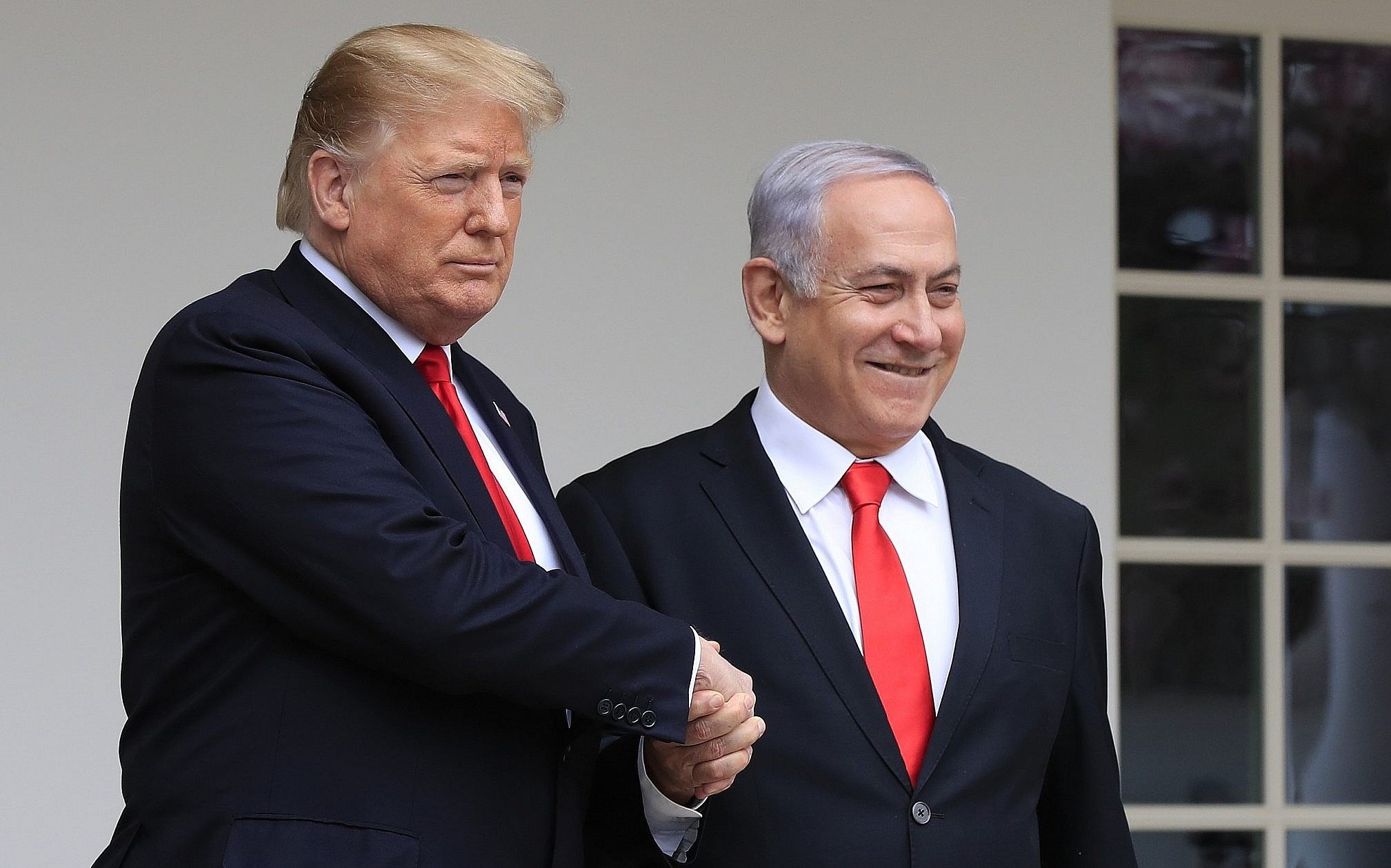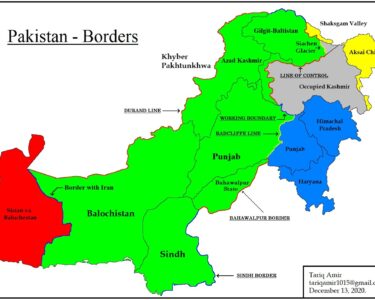- Summary
- U.S. allies’ embrace of Palestine reflects frustration with Trump approach to Gaza war
- Statehood push for Palestinians defies Trump’s opposition
- US-brokered Abraham Accords could be at risk
WASHINGTON, Sept 23 (AfrikTimes) – Growing international frustration with Washington over the war in Gaza became evident at the U.N. General Assembly this week, as U.S. allies formally recognized a Palestinian state, presenting a major test for President Donald Trump’s Middle East policy.
After promising at the start of his second term to quickly end the war between Israel and Hamas, Trump now looks increasingly like a bystander as Israeli forces escalate their onslaught in the Palestinian enclave and he remains reluctant to rein in Washington’s closest regional ally. Israeli Prime Minister Benjamin Netanyahu blindsided Trump with a strike on Hamas leaders in Qatar earlier this month that all but doomed the Trump administration’s latest effort to secure a Gaza ceasefire and hostage-release deal.
Israel since then has launched a ground assault in Gaza City that the U.S. accepted without objection, amid global condemnation of a widening humanitarian crisis in the coastal strip. And defying Trump’s warnings against what he called a gift to Hamas, a group of U.S. allies, including Britain, France, Canada and Australia, announced just before and during the U.N. gathering their recognition of the state of Palestine in a dramatic diplomatic shift.
 French President Emmanuel Macron addresses the 80th United Nations General Assembly at U.N. headquarters in New York, U.S., September 23, 2025.
French President Emmanuel Macron addresses the 80th United Nations General Assembly at U.N. headquarters in New York, U.S., September 23, 2025.
“Trump has not been able to achieve any major progress or gains in the region, particularly on the Israeli-Palestinian top front,” said Brian Katulis, a senior fellow at the Middle East Institute think-tank in Washington. “In fact, things are worse than when he entered office.”
With an end to the nearly two-year-old conflict seeming more remote than ever, the apparent sidelining of Trump has added to skepticism over his repeated claims since his return to office in January that he is a masterful peacemaker who deserves the Nobel Peace Prize. French President Emmanuel Macron said on Tuesday that if Trump really wants to win the coveted Nobel, he needs to stop the war in Gaza.
“There is one person who can do something about it, and that is the U.S. president. And the reason he can do more than us, is because we do not supply weapons that allow the war in Gaza to be waged,” Macron told France’s BFM TV from New York.
Some analysts see Trump’s unwillingness to apply Washington’s leverage with Netanyahu as a realization that the conflict – like Russia’s war in Ukraine – is much more complex and intractable than he has acknowledged. Others see it as tacit acceptance that Netanyahu will act in what he considers his own and Israel’s interests and that there is little the U.S. president can do to change that. Still others speculate that Trump may have been distracted from the Middle East by domestic issues such as the recent murder of conservative activist ally Charlie Kirk, continuing fallout from the Jeffrey Epstein scandal and the president’s deployment of National Guard troops to Democratic-led cities for what he says are crime-fighting missions.
The White House did not immediately respond to requests for comment.
 U.S. President Donald Trump speaks during the 80th United Nations General Assembly, in New York City, New York, U.S., September 23, 2025.
U.S. President Donald Trump speaks during the 80th United Nations General Assembly, in New York City, New York, U.S., September 23, 2025.
TRUMP WON’T BE SWAYED
Despite appearing less engaged on Gaza recently, Trump met on the sidelines of the U.N. on Tuesday with representatives from Saudi Arabia, the United Arab Emirates, Qatar, Egypt, Jordan, Turkey, Indonesia, and Pakistan. He was expected to outline U.S. proposals for post-war governance in Gaza without Hamas involvement and to seek commitments from Arab and Muslim countries to provide military support for security, Axios reported.
Although Trump has at times expressed impatience with Netanyahu’s handling of the war, he made clear in his U.N. speech on Tuesday that he is not ready to back away from strong support for Israel, or be swayed by other countries’ endorsement of Palestinian statehood. Such announcements only serve to “encourage continued conflict” by giving Hamas a “reward for these horrible atrocities,” Trump said.
France, Britain, Canada, Australia, and other nations insist that recognizing a Palestinian state could help preserve the prospects of a two-state solution and contribute to ending the Gaza war. While U.N. speakers did not directly challenge Trump, some analysts saw their remarks as an indirect appeal to the U.S. president.
“It all depends on Trump, who could end this war with one choice word to Israel’s prime minister,” said Laura Blumenfeld, a Middle East expert at Johns Hopkins School for Advanced International Studies. That word, she added, is “enough.”
The U.S. remains Israel’s primary arms supplier and has historically served as its diplomatic shield at the U.N. and other international bodies. Last week, the United States vetoed a Security Council resolution that would have demanded an immediate, unconditional, and permanent ceasefire in Gaza.
Trump, however, has shown no indication that he will leverage U.S. influence to pressure Israel. Even after Israel bombed a Hamas office in the territory of U.S. ally Qatar, Trump held a tense phone call with Netanyahu but took no further action. Regardless of how many countries recognize Palestinian independence, full U.N. membership for Palestine would still require Security Council approval, where the United States holds veto power.
 Displaced Palestinians flee southward in the central Gaza Strip after Israeli forces ordered residents of Gaza City to evacuate to the south, September 21, 2025.
Displaced Palestinians flee southward in the central Gaza Strip after Israeli forces ordered residents of Gaza City to evacuate to the south, September 21, 2025.
ABRAHAM ACCORDS AT RISK?
Some analysts, however, have not ruled out the possibility that Netanyahu, scheduled to visit the White House on Monday for the fourth time since Trump returned to office, could test Trump’s patience. Israel’s strike in Doha undermined Trump’s hopes of attracting additional Gulf states to the Abraham Accords, a landmark agreement from his first administration in which several Arab nations established diplomatic ties with Israel.
Israel is now reportedly considering annexing parts of the occupied West Bank, a move that may be motivated by frustration over the international push to recognize Palestinian statehood. The current Israeli government, considered the most right-wing in the country’s history, has declared that no Palestinian state will be allowed as it continues its campaign against Hamas following the October 7, 2023 attack that killed around 1,200 people according to Israeli figures. The Israeli military response has resulted in more than 65,000 deaths in Gaza, according to local health officials.
The United Arab Emirates has warned that it may suspend its participation in the Abraham Accords if Israel proceeds with West Bank annexation. Experts note that such a move could also prevent Saudi Arabia, a major Gulf power, from ever joining the Accords. Most analysts believe Netanyahu is unlikely to proceed without at least tacit approval from Trump, who has so far remained non-committal.
“Trump is going to publicly let Netanyahu do what he thinks is right, especially in Gaza,” said Jonathan Panikoff, former deputy U.S. national intelligence officer on the Middle East. “But privately, the president and his team could apply some pressure.”
 A Palestinian man looks on as he inspects the site of Israeli strikes on houses at Shati (Beach) refugee camp, amid an Israeli military operation, in Gaza City September 23, 2025.
A Palestinian man looks on as he inspects the site of Israeli strikes on houses at Shati (Beach) refugee camp, amid an Israeli military operation, in Gaza City September 23, 2025.







